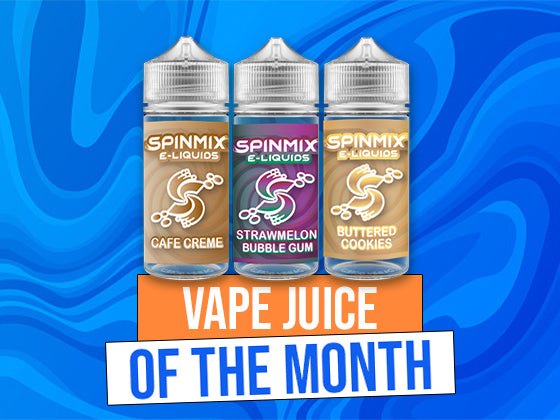Absolutely, the thickness of your vape juice can significantly impact your vaping experience. It's one of those aspects that might seem minor at first glance but actually plays a crucial role in how well you enjoy your vape, the flavor intensity, the size of the cloud production, and even the longevity of your vape hardware. So, let's dive deep into why vape juice thickness matters and how it can shape your vaping journey.
What's in the Juice?
Before we get into the nitty-gritty, let's break down what vape juice, or e-liquid, actually consists of. At its core, vape juice is a blend of propylene glycol (PG), vegetable glycerin (VG), flavorings, and often, but not always, nicotine. The ratio of PG to VG plays a pivotal role in determining the thickness of the juice. PG is thinner and carries flavor more effectively, while VG is thicker and produces more vapor. Understanding this balance is crucial for any vaper, whether you're a cloud chaser or a flavor aficionado.

The Thick and Thin of It
Now, why does the thickness of your vape juice matter? Let's delve into the reasons:
1. Cloud Production
For those who live by the motto "the bigger, the better" when it comes to clouds, the thickness of your vape juice is your best friend or worst enemy. Higher VG content means a thicker liquid, which translates to denser, more voluminous clouds. If cloud chasing is your game, you'll want to lean towards a higher VG ratio. This thickness not only allows for impressive cloud production but also provides a smoother throat hit, which is preferable for some vapers.
2. Flavor Intensity
Flavor chasers, listen up! The thickness of your vape juice can affect the intensity and clarity of the flavors you're puffing. PG, being thinner, does a better job of carrying flavors. This means that e-liquids with a higher PG ratio can provide a more intense flavor experience. However, it's a delicate balance, as too much PG can lead to a harsher throat hit, which might not be everyone's cup of tea.
3. Device Compatibility
Not all vaping devices are created equal, and the thickness of your vape juice should be compatible with the equipment you're using. Thicker liquids are best suited for sub-ohm devices and RDAs (rebuildable dripping atomizers), which are designed to handle the viscosity and produce massive clouds. On the flip side, thinner liquids work better with higher resistance coils found in smaller vape pens and pod systems, ensuring a smooth wicking process and preventing dry hits or leaks.
4. Coil Longevity
The viscosity of your vape juice doesn't just affect your vaping experience; it also impacts the lifespan of your coils. Thicker juices can gunk up coils faster, leading to a shorter lifespan and potentially increased costs over time. If you're using a high VG liquid, it's essential to clean your device regularly and be prepared to change coils more frequently. Conversely, thinner liquids can be less taxing on coils, extending their life and saving you money in the long run.
Striking the Perfect Balance
Finding the ideal thickness for your vape juice is a personal journey. It involves experimenting with different VG/PG ratios to discover what works best for your taste, cloud preferences, and device. It's also worth considering how factors like the weather (VG thickens in cold temperatures) and health sensitivities (some people are allergic to PG) can influence your choice.
Final Thoughts
The world of vaping is as complex as it is colorful, with the thickness of your vape juice playing a pivotal role in shaping your experience. Whether you're chasing the thickest clouds, seeking the most intense flavors, or trying to extend the life of your coils, understanding the impact of your e-liquid's viscosity is key. So, the next time you're browsing through vape juices, remember that the thickness does matter, and finding the right balance can elevate your vaping journey to new heights.


